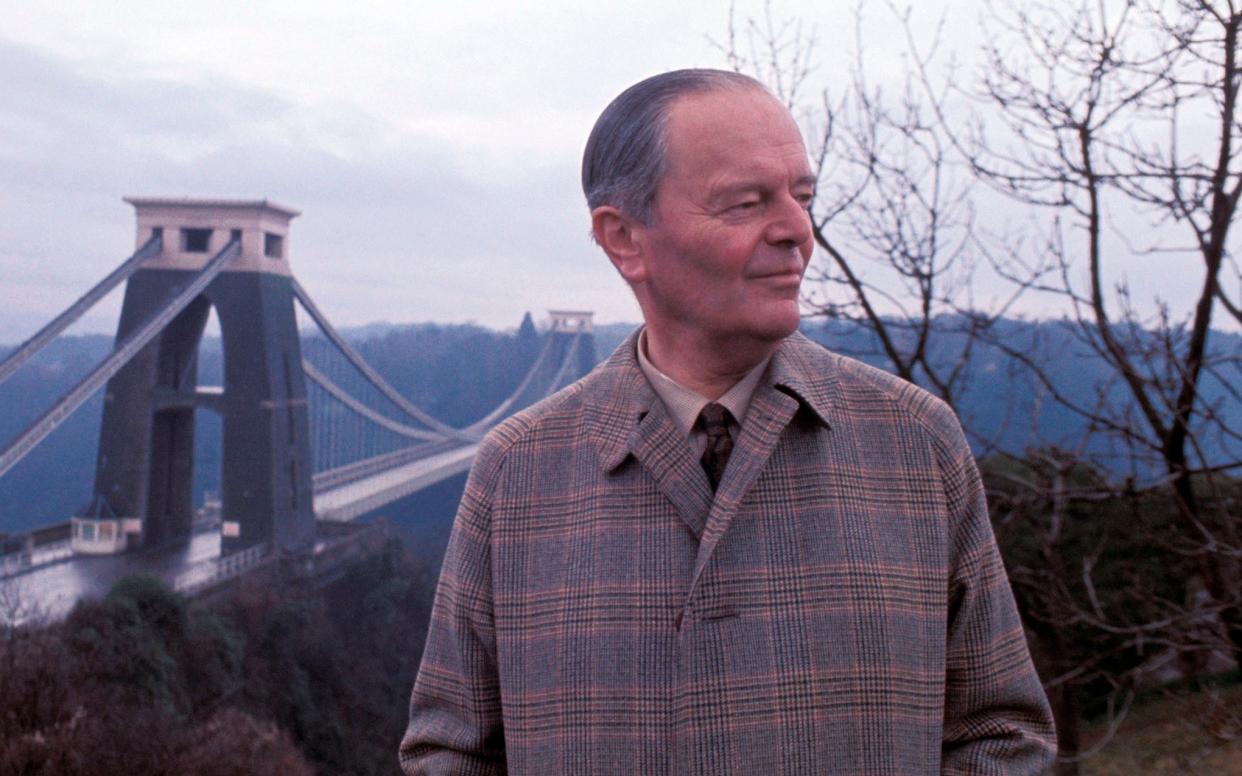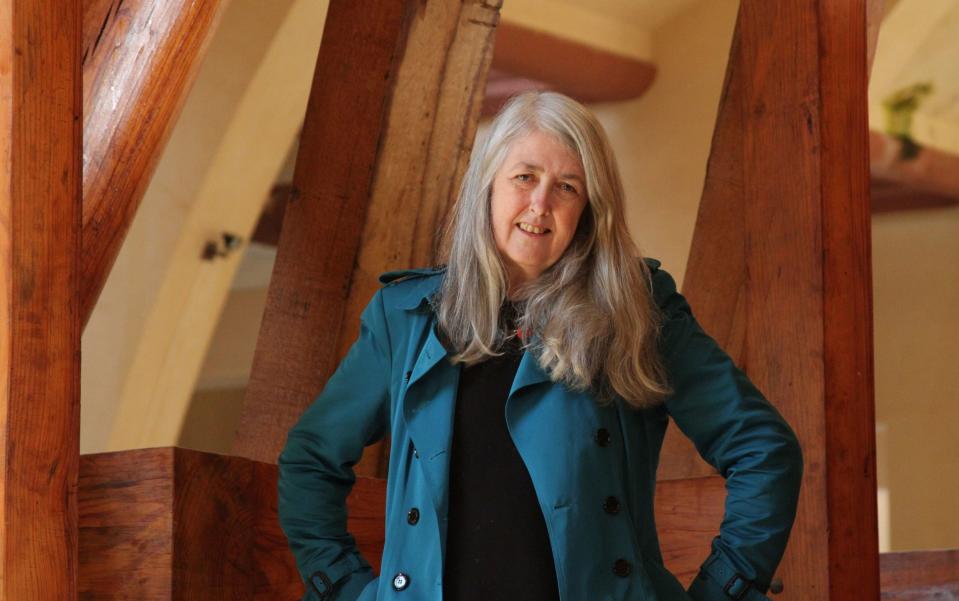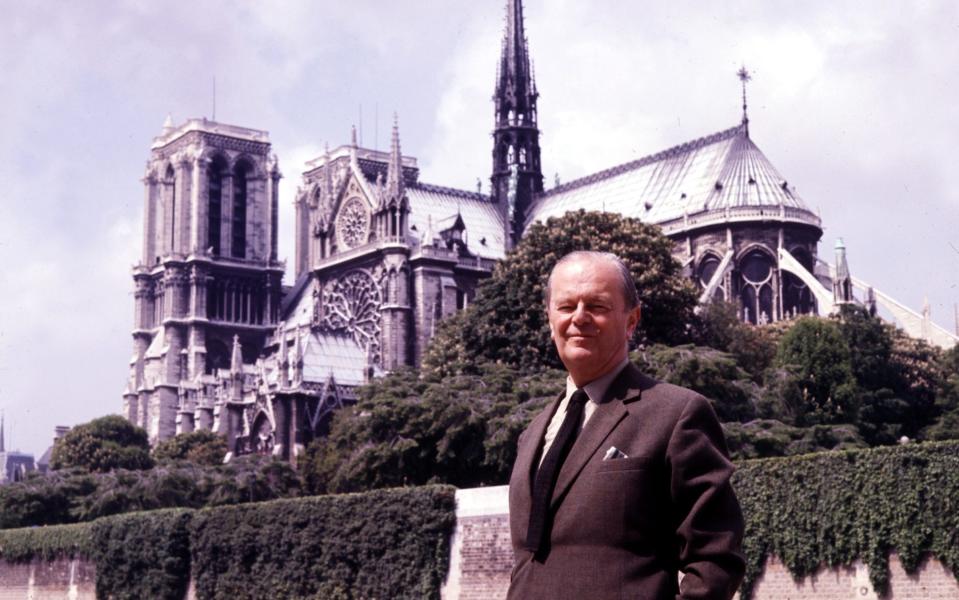Acclaimed BBC series Civilisation is given a warning over outdated attitudes

- Oops!Something went wrong.Please try again later.
Lord Clark’s 1969 television series Civilisation has been given a warning note by the BBC for reflecting the “standards and attitudes” of its time.
The art historian’s groundbreaking series is being broadcast by the BBC for the first time in more than a decade.
The broadcaster has said that it may be forced to edit such programmes to align with its current editorial standards but it has not done so for Civilisation.
However, as well as adding the note, the corporation has released a video in which Dame Mary Beard critiques the principally “European story” told in Civilisation. The historian has previously criticised the series in print for its omission of female historical figures.

Lord Clark’s self-described “personal view” spans more than 2,000 years of aesthetic and philosophical achievement, with a particular focus on advancements made since the Dark Ages.
The note on the website that is hosting all 13 episodes states: “Programmes are selected, in part, for their historical context and reflect the broadcast standards and attitudes of their time, which may not accord to some current BBC editorial guidelines.
“We aim to select programmes which can be shown in their entirety but in some cases edits are required.”
The programme is available on iPlayer and will be shown on BBC Four. The note has also been applied to some other BBC Four Collections archive TV programmes, including an interview with Martin Luther King.
Series drew huge audiences
Lord Clark, who died in 1983, was the wartime director of the National Gallery, and father of Alan Clark, the Thatcher era Conservative minister.
His narrative in Civilisation chronicled European achievements from the emergence of the Gothic style in France, through the Renaissance and the Enlightenment, and up to the early 20th century, as he sought to define what makes a truly civilised society.
The series drew huge audiences when it first aired but has not been broadcast by the BBC since 2011.

Since then, colonial history and issues of race have become more of a focus for the BBC and for cultural institutions in general.
In 2018, Dame Mary, along with Simon Schama and David Olusoga, helped to make a sequel to Civilisation called Civilisations, which told a global story spanning numerous world cultures.
In the new video, she praises the original programme, but criticises its Eurocentrism and omission of other world cultures, saying: “He is telling a story which remains, entirely really, a European story.
She says: “Greece and Rome, France, Italy, Germany, and Britain. You look at it now and you think, ‘He doesn’t even go to Spain.’”
Dame Mary expresses her admiration for the storytelling in the original series, and enjoins viewers to watch it. But she confesses to a personal “sense of unease” with his approach to art history.
She added: “I hope that some people who are very definitely in the cult of Clark watch it, perhaps watch it again, and think, ‘What’s missing? Have you not noticed if the rest of the world exists?’”
Criticism of ‘fearful’ BBC
The BBC has drawn criticism for treating its back catalogue with “fear” that it could clash with modern mores.
Dr Zareer Masani, a historian and former BBC employee, has claimed that the broadcaster steers clear of content which “however remotely, might cause offence”, adding: “I suspect they might have feared such lapses from [Lord] Clark.”
Prof Doug Stokes, an author and academic, and a critic of the drive to “decolonise” Western history, said: “In a new age of great power competition and civilisational decline, it is increasingly important that we move beyond the indulgence of London-centric ‘groundhog day’ narratives of Western self-loathing, to rediscover a sense of purpose and belonging. “

